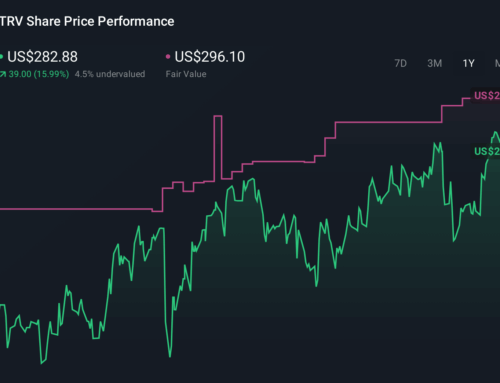Meta Oversight Board Says Video That Misgenders, Names Trans Minor Can Stay on Its Platfor
April 24, 2025
Sign up for The Agenda — Them’s news and politics newsletter, delivered to your inbox every Thursday.
Meta’s Oversight Board has determined that two widely shared videos on Facebook and Instagram disparaging transgender women do not constitute hate speech, members of the board wrote in a decision this week.
A five-member panel of the Board — created in 2020 as an independent body to handle appeals of Meta’s content moderation decisions — upheld Meta’s decision last year to allow two videos on their platforms that expressed hostility to trans people, the panel ruled on Wednesday.
Them has not reviewed the videos in question individually, but one video posted to Facebook, which reportedly showed a trans college student being accosted in a campus women’s bathroom, closely matches details of a May 2024 video by anti-trans campaigner Peyton McNabb. The other, posted to Instagram, reportedly showed a trans high school athlete (a minor) winning a track and field event, along with disapproving shouts from onlookers, per the decision. The videos’ captions misgendered the trans people depicted as a “male student who thinks he’s a girl” and a “boy who thinks he’s a girl” respectively. The caption for the second video also names the minor, according to the decision.
The Board panel found that neither video violated Meta’s current policies on “hateful conduct,” to which the company made significant changes in January, allowing users far more latitude specifically to disparage trans people as “freaks,” mentally ill in general, and/or “not real.” A majority of the panel also ruled that the videos would not have violated Meta’s previous rules. The panel did note that their decision was not changed as a result of the January updates, though they took both sets of rules “into account” during the process.
“The Board notes that public debate on policy issues around the rights of transgender people and inclusion must be permissible,” the decision — titled “Gender Identity Debate Videos” — reads in part. “The majority of the Board finds that neither post creates a likely or imminent risk of incitement to violence, so there is an insufficient causal connection between restricting these posts and preventing harm to transgender people. This also means that there is no affirmative responsibility for Meta to prohibit these posts.”
Search
RECENT PRESS RELEASES
Related Post




